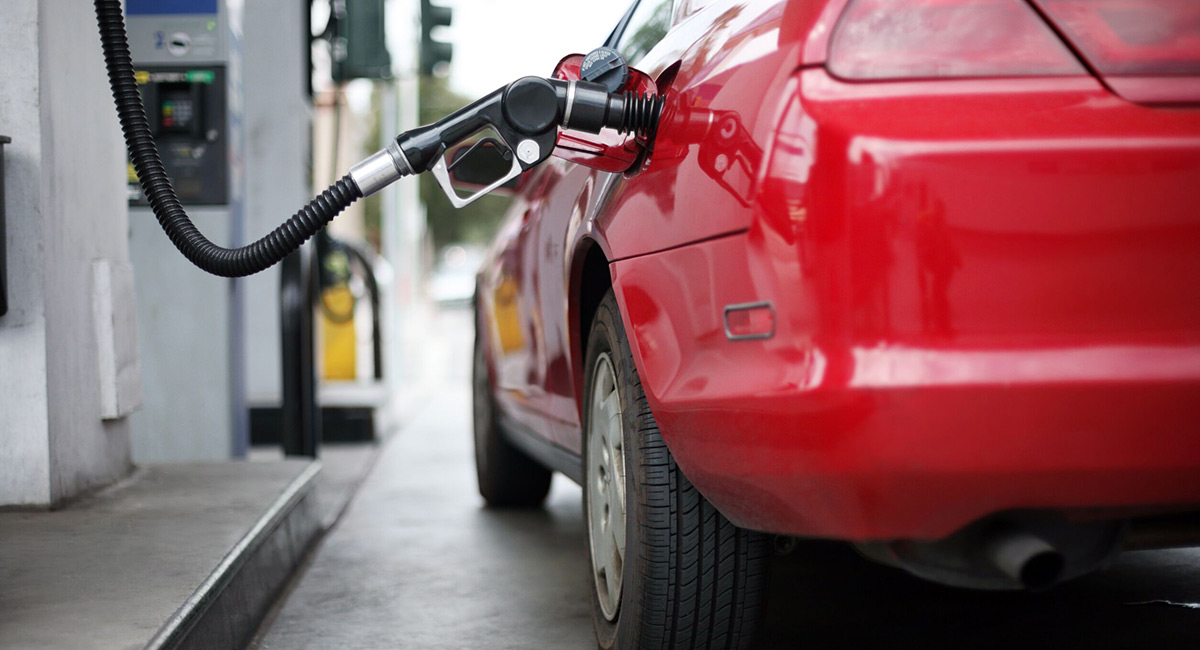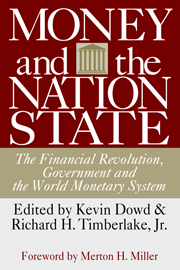When President Biden and Israeli prime minister Naftali Bennett met at the White House on August 26, the dangers posed by the crisis in Lebanon were at the top of their agenda. Specifically, they discussed the fuel shortages that are destabilizing Lebanon along with various U.S.- and Israeli-backed solutions that might negate Hezbollah’s most recent justifications for the importation of Iranian fuel to alleviate the shortages.
For months, Lebanon has been suffering from brutal fuel “shortages.” Lebanese wait hours to fill their tanks. Electricity is only sporadically supplied because diesel fuel for generators is as scarce as hen’s teeth. But, as the governor of Lebanon’s central bank, Riad Salameh, recently confirmed, Lebanon is currently importing three times more fuel than what is being consumed in Lebanon. What explains this paradox? Where is the missing fuel?
The political elites in Lebanon, who in some ways operate much like a criminal syndicate, have created a system of fuel subsidies and price controls that has made them rich, but has bankrupted Lebanon and left it short of fuel. Here’s how the system works.
A subsidy program allows fuel importers with the right political connections to acquire $100 worth of fuel for around $50. (Until a few days ago, they were able to import $100 worth of fuel at a subsidized cost of about $30.) The subsidy of $50 is siphoned out of the dwindling foreign-exchange reserves at Lebanon’s central bank, Banque du Liban.
The second element in the fuel scheme is price controls. The imported fuel is supposed to be sold at a controlled price slightly above the subsidized import cost of $50. With the market value of the fuel at $100, the arbitrage profit is around $50, a margin that is just too good to pass up. Indeed, with a gross margin of that size, there is plenty of surplus to pay bribes and cover the transport costs imposed by the smugglers who deliver the fuel to Syria where it is sold for market prices of something in excess of $100. Not a bad racket for those in the syndicate.
But, alas, it leaves the Lebanese short of fuel. Indeed, their subsidized fuel is in Syria. It also leaves the Banque du Liban short of scarce foreign exchange. The Banque’s foreign reserves are in the pockets of the fuel importers, smugglers, and everyone they have had to bribe along the way.
If President Biden and Prime Minister Bennett were really interested in solving Lebanon’s fuel crisis, they should stop fretting about Iranian oil and get a handle on the real sources of the problem. The solution is clear. The masters of disaster—Lebanon’s political elites—should stop subsidizing Lebanon’s fuel imports and imposing price controls on fuel.










